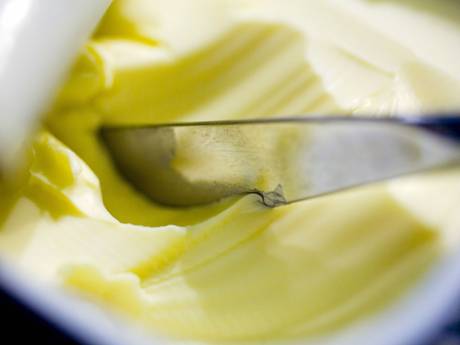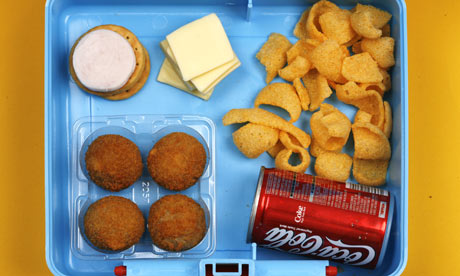
Say goodbye to that 2-liter bottle of Coke with your pizza delivery, pitchers of soft drinks at your kid’s birthday party and some bottle-service mixers at your favorite nightclub.
They’d violate Mayor Bloomberg’s new rules, which prohibit eateries from serving or selling sugary drinks in containers larger than 16 ounces.
Bloomberg’s soda smackdown follows his attacks on salt, sugar, trans fat, smoking and even baby formula.
The city Health Department last week began sending brochures to businesses that would be affected by the latest ban, including restaurants, bars and any “food service” establishment subject to letter grades.
And merchants were shocked to see the broad sweep of the new rules.
“It’s not fair. If you’re gonna tell me what to do, it’s no good,” said Steve DiMaggio of Caruso’s in Cobble Hill, Brooklyn. “It’s gonna cost a lot more.”
And consumers, especially families, will soon see how the rules will affect their wallets — forcing them to pay higher unit prices for smaller bottles.
Typically, a pizzeria charges $3 for a 2-liter bottle of Coke. But under the ban, customers would have to buy six 12-ounce cans at a total cost of $7.50 to get an equivalent amount of soda.
“I really feel bad for the customers,” said Lupe Balbuena of World Pie in Carroll Gardens, Brooklyn.
Domino’s on First Avenue and 74th Street on the Upper East Side is doing away with its most popular drink sizes: the 20-ounce and 2-liter bottles.
“We’re getting in 16-ounce bottles — and that’s all we’re going to sell,” a worker said.
He said the smaller bottles will generate more revenue for the restaurant but cost consumers more.
It will also trash more plastic into the environment.




